There are many reasons why an engine may misfire. It could be as simple as a dirty spark plug or a dirty air filter. But if your car is still running fine at lower RPM but is only misfiring at high RPM, you may have a different problem than you thought. We've researched the causes of engine misfires and how you can prevent them from happening again.
Misfiring is a common problem among car engines. It can be caused by the air-fuel mixture not being mixed properly or the spark plug being dirty. Other reasons could be clogged fuel filters, dirty or worn fuel injectors, clogged fuel lines, or a broken fuel pump.
When your car starts misfiring at high RPM, you might be worried about the potential damage that could occur. However, we can tell you with confidence that this is a common problem and one that you can fix yourself. Read on if you're experiencing this issue and don't know what to do.
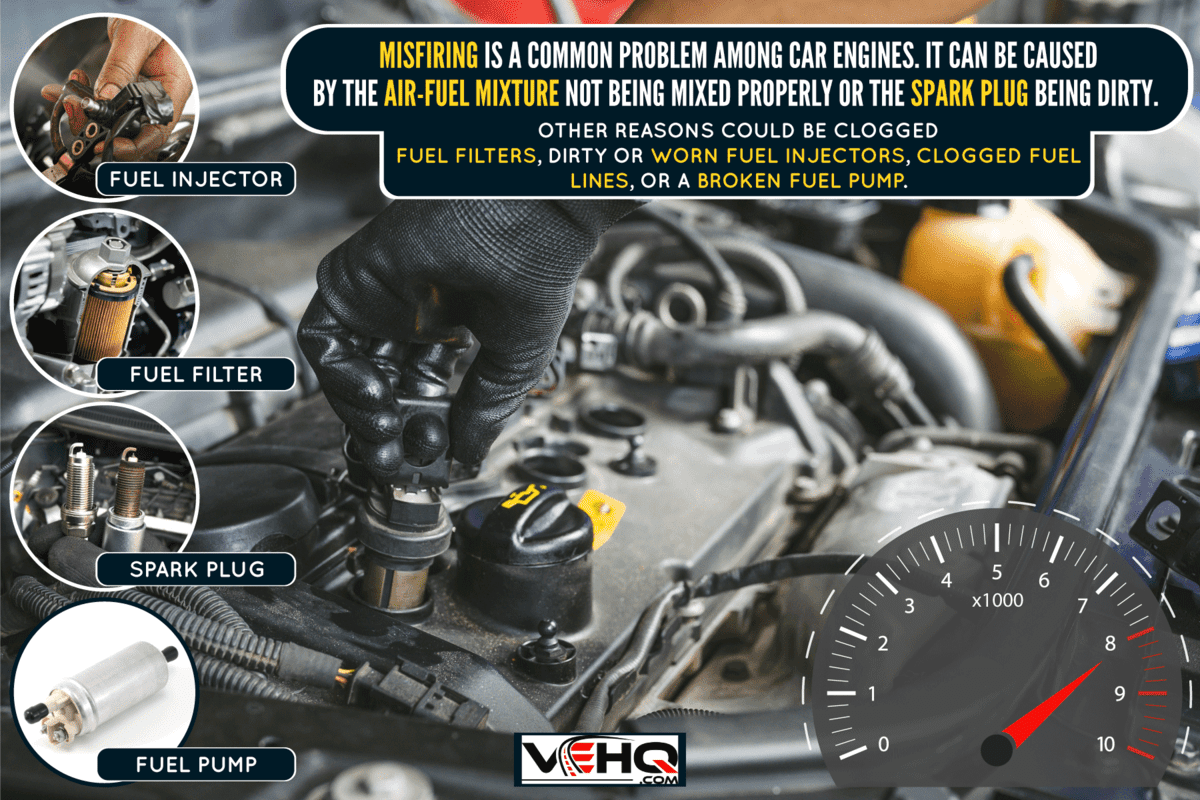
What Causes Engine Misfiring At High RPMs?
Engine misfiring is a major concern for owners of older cars, especially those who are experiencing issues with their car starting or running. Engine misfires can cause various problems, including poor gas mileage, increased emissions, and even engine damage.
Over time, this could lead to a vehicle that no longer starts, runs, or shifts gears properly. We'll examine the causes of engine misfire, as well as how to identify the problem and get your vehicle back on the road again.
1. Bad fuel pump relay
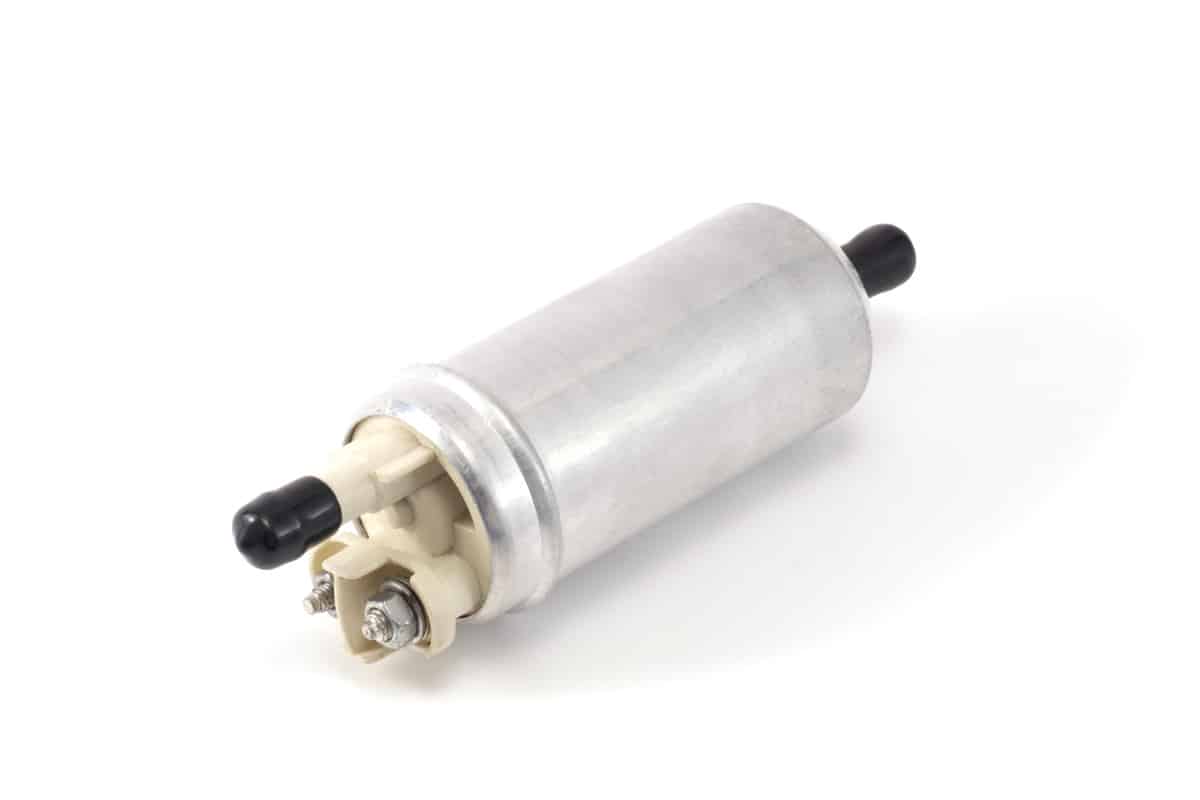
If a car starts misfiring at idle, it's probably due to a faulty fuel pump relay. This is a component that relays signals from the engine fuse box to the fuel pump. The fuel pump supplies fuel to the engine.
When you hear the word relay, you can think of a simple switch that has two contacts and when you open or close the contacts it sends a signal. A bad fuel pump relay is similar in this way.
A fuel pump relay works pretty much the same, in principle, as the simple switch works. However, incorrect signals can be sent if it goes bad, and fluctuating signals can cause your engine to misfire.
2. Blocked fuel line
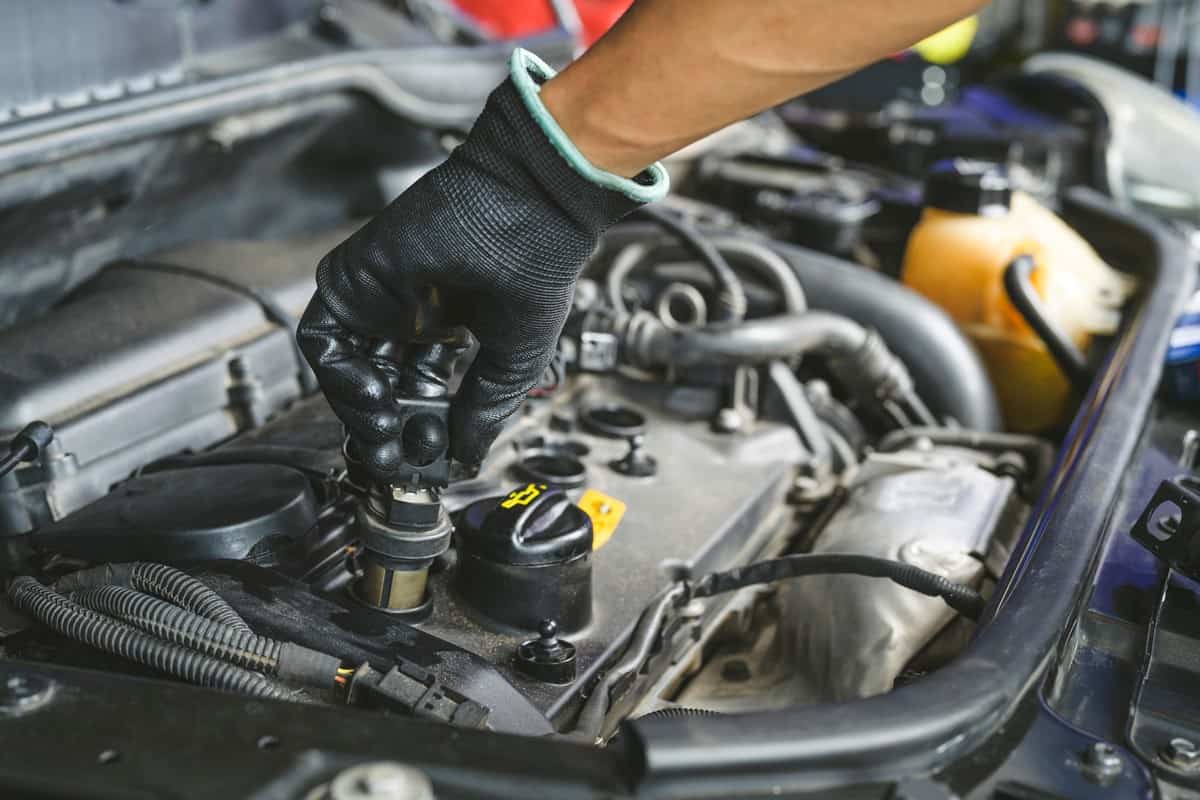
A fuel line is a flexible hose that delivers fuel from the tank to the carburetor or engine. This can be a critical part of the car’s engine and the engine’s performance depends on a functioning fuel line.
It should be inspected frequently as it is easily damaged by heat and cold, and may burst from internal wear or damage.
A fuel line that is damaged or leaking will cause a reduction in fuel pressure. This reduction in pressure could result in engine misfires.
3. Dirty fuel filter
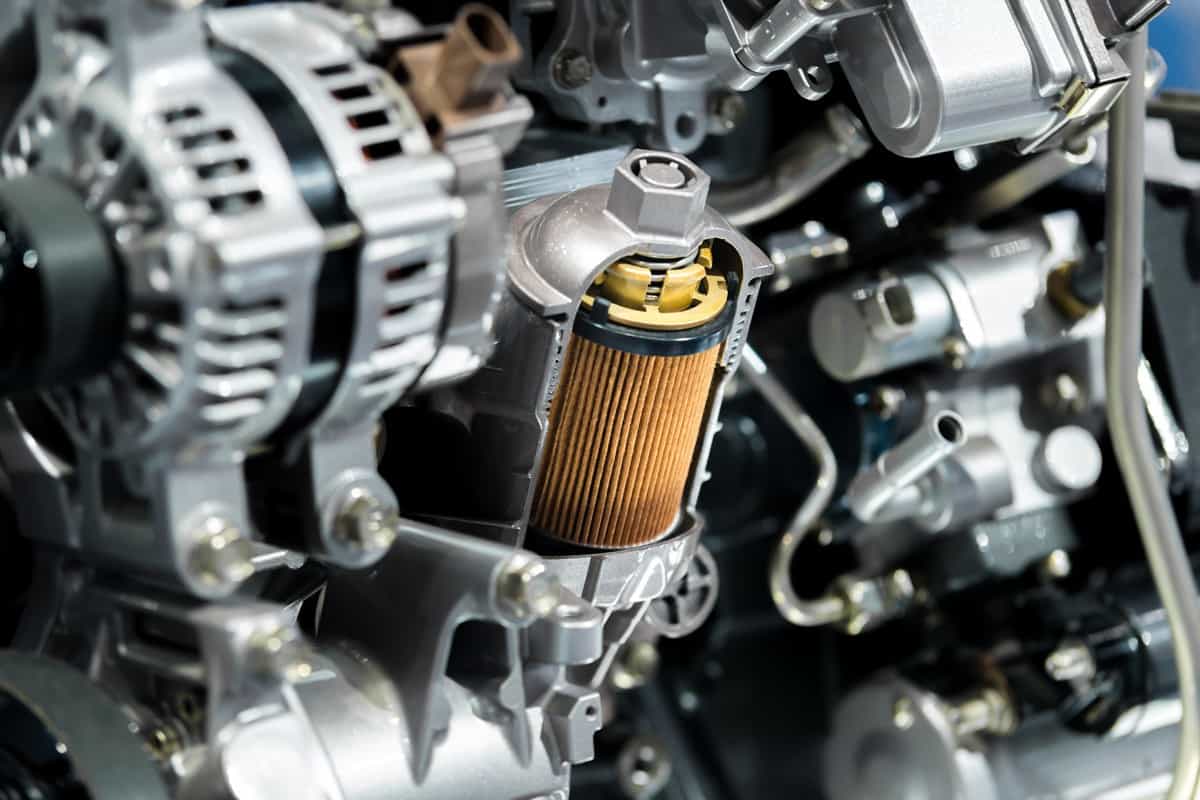
A clogged fuel filter can cause a fuel system to lose its ability to deliver enough fuel to the engine, leading to a rich air-to-fuel condition and misfire. Fuel filters are designed to trap contaminants and remove them from the fuel before it enters the carburetor.
4. Dirty fuel injectors
Fuel injectors are engine components that control the flow of fuel into the combustion chamber of a cylinder through the intake manifold. As the injector sprays fuel into the cylinder, it opens and closes a valve in the cylinder head to direct the mixture of fuel and air.
Dirty fuel injectors can create a situation where too little fuel is delivered to the cylinders. This can result in a misfire that sends vibrations through the car.
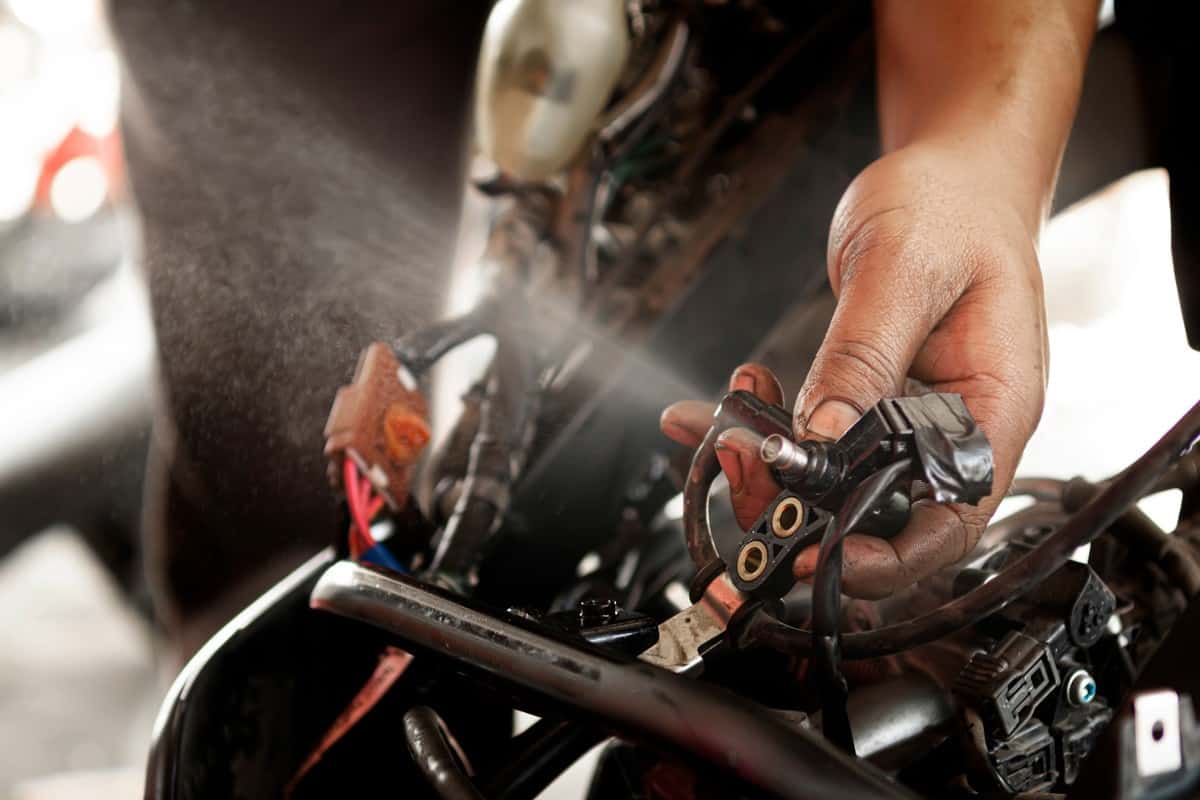
5. Leaky valve cover gasket
Engine oil is what keeps the engine from overheating and helps to prevent the engine from seizing up.
If you notice oil dripping out of the valve cover, you might want to check the valve cover gasket. The oil can make its way inside the spark plug tubes and cause a misfire.
6. Bad piston ring
The purpose of the piston rings is to seal the gaps between the piston and the cylinder. A tight seal will prevent any oil from leaking to keep friction low. The piston rings also allow for the piston to move freely inside of the cylinder.
When the piston rings are worn, the oil will leak and your oil level is reduced. A significant reduction in oil pressure levels will ultimately cause the engine to misfire.
7. Dirty or broken spark plugs
If you are experiencing a misfire, you may have an issue with your spark plug.
A dirty spark plug can cause the engine to misfire and will cause you to miss out on gas mileage. It will not properly create a spark to ignite the fuel in the cylinder.
To clean the spark plug, you need to remove it from the engine. After removing the spark plug, wrap it with a clean rag with your other hand. Then, use a toothbrush to scrub away any debris or carbon deposits on the spark plug.
Once you have cleaned the spark plug, reinstall it to the engine. If you experience a misfire again, the spark plug may be broken and needs to be replaced. You can check if the spark plug is faulty or not using a spark plug tester.
Check out this spark plug tester on Amazon
8. Faulty Oxygen Sensor
Another common cause of engine misfires is a faulty oxygen sensor. This sensor measures the amount of oxygen in the exhaust and determines the air-fuel mixture for the engine.
Sometimes, a faulty oxygen sensor will cause the computer to assume that there isn't enough fuel in the engine and it will try to make up for it by increasing the amount of fuel going into the engine.
It may also assume that there is too much air in the engine and it will try to reduce the amount of air being provided to the engine to compensate.
If you've encountered a high RPM engine misfire after an oil change, then you need to watch this video for the simple fix:
Engine Misfiring: A Brief Overview
When you're driving down the road, a sudden, abrupt, backfire sound (like your car is sneezing) is typically associated with the term "engine misfire". Chances are you've probably heard it before without knowing it was a misfire.
When a misfire happens, you might hear the engine stutter and then rev up slowly. This is a symptom that the air-to-fuel ratio is out of whack. The more often you hear the misfire, the more likely it is that you're dealing with an incompatible air-to-fuel ratio.
The misfire is often caused by a small problem under the hood, such as a dirty spark plug. However, this is not always the case. There are many reasons why an engine might misfire, and we'll discuss each as we go along.
Telltale Signs Of Engine Misfiring
Misfiring engines can cause a host of problems, such as burning oil, overheating, and even stalling. Even worse, a misfiring engine is a safety hazard, so it's important to find out if your engine is misfiring.
Fortunately, there are ways to identify telltale signs before you ever have to pay a dime to get your vehicle fixed. Here are some of them:
- More smoke coming from the exhaust.
- You are having trouble starting the car.
- You hear a popping sound.
- Your gas mileage is dropping.
- Your engine is running rough.
- You are having trouble accelerating.
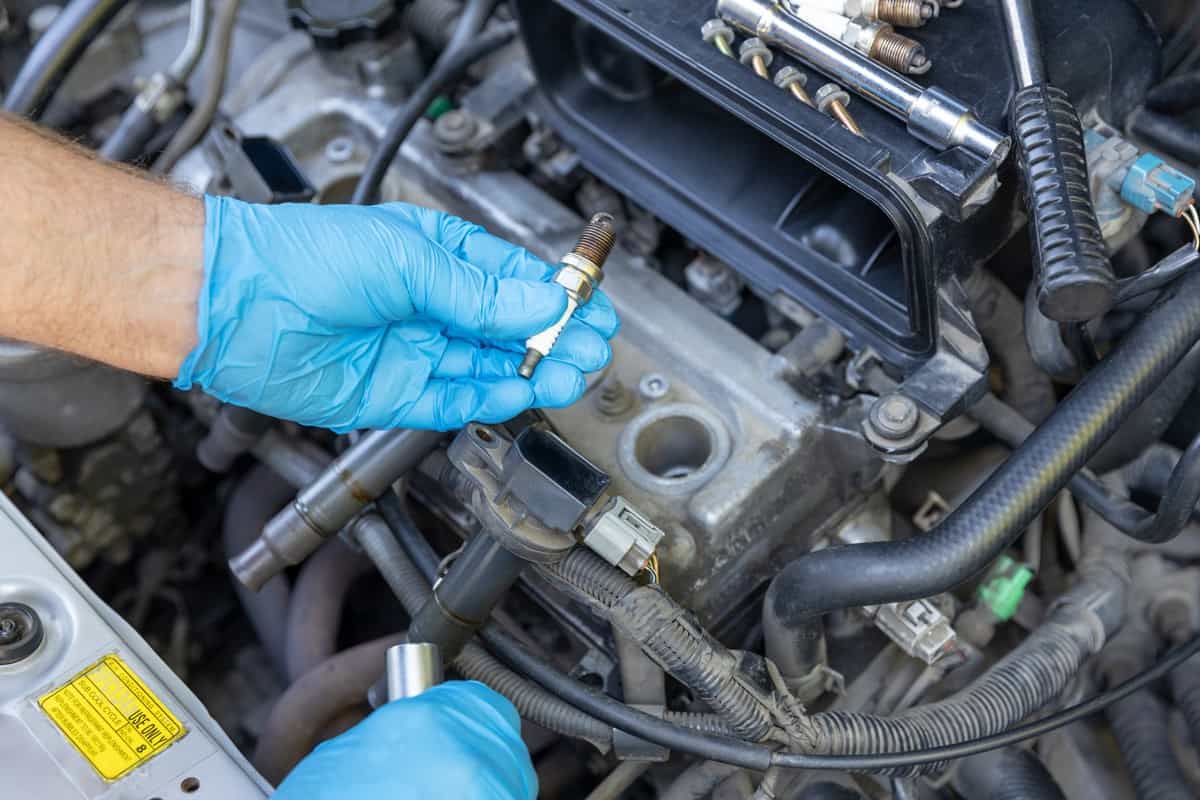
Can Engine Misfire Damage Your Engine?
Thorough troubleshooting is necessary when investigating the cause of engine misfires as they can be caused by numerous factors. It could be mechanical in nature or electrical, and in some cases, fuel issues.
With all the different types of misfires that can occur, it's easy to understand why it's important to be able to identify them as quickly as possible.
A misfire occurs when there is a lack of power or energy delivered to the cylinders as a result of a faulty ignition system. If it's a faulty ignition system then it's either a spark plug or an ignition coil issue.
A spark plug, as the name suggests, initiates a spark that fires up the combustion process by igniting the fuel mixture in the cylinder. The ignition coil is an electrical device that produces an electric current that travels to the spark plug.
A misfire can also occur if a cylinder valve is stuck close, resulting in less air being delivered to the cylinder.
If you think you have a misfire in your vehicle, you should stop the engine immediately. If you do not, you run the risk of a complete engine failure.
Additionally, it is crucial to contact your mechanic or a service center to find out what's causing the misfire. While some of these are relatively minor and easy to correct, others are much more serious and could lead to engine failure.
Can Engine Misfires Go Away On Its Own?
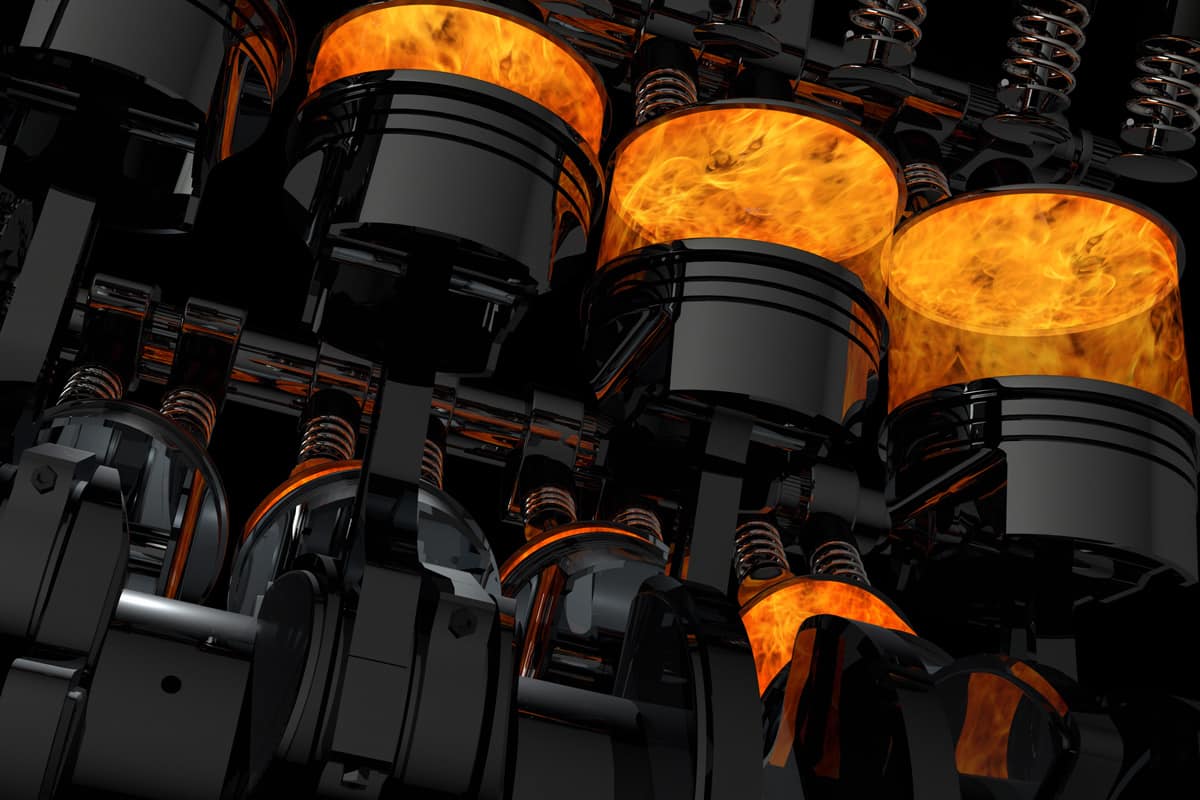
Engine misfires usually go away on their own. However, an engine misfire that lasts a couple of seconds or more may indicate your engine is losing power, and you may notice the loss of power as reduced performance and the inability to accelerate.
This problem can cause the engine to lose efficiency and put additional wear on itself, which can lead to more serious issues if left unchecked.
Can You Still Drive A Car With Its Engine Misfiring?
If you were to attempt to drive with a misfire, you'd probably notice a few things right off the bat. Your car would be running hot. You'd have to slow down and be careful about turning corners. And, you'd have a lot of popping noise in the engine.
While it's true that you can drive with a misfire for a few thousand miles, you should do what you can to correct the problem as soon as you can. The moment you notice a misfire, pull over, stop the car, and restart it and see if the misfire is still there.
In Closing

When your car misfires, it might sound like a very scary thing to deal with, but it's usually not too bad, that is if diagnosed early on. In most cases, the problem is with the spark plugs and not the engine. It's also important to note that you won't be able to drive your car until you've fixed this issue.
You might also like:

